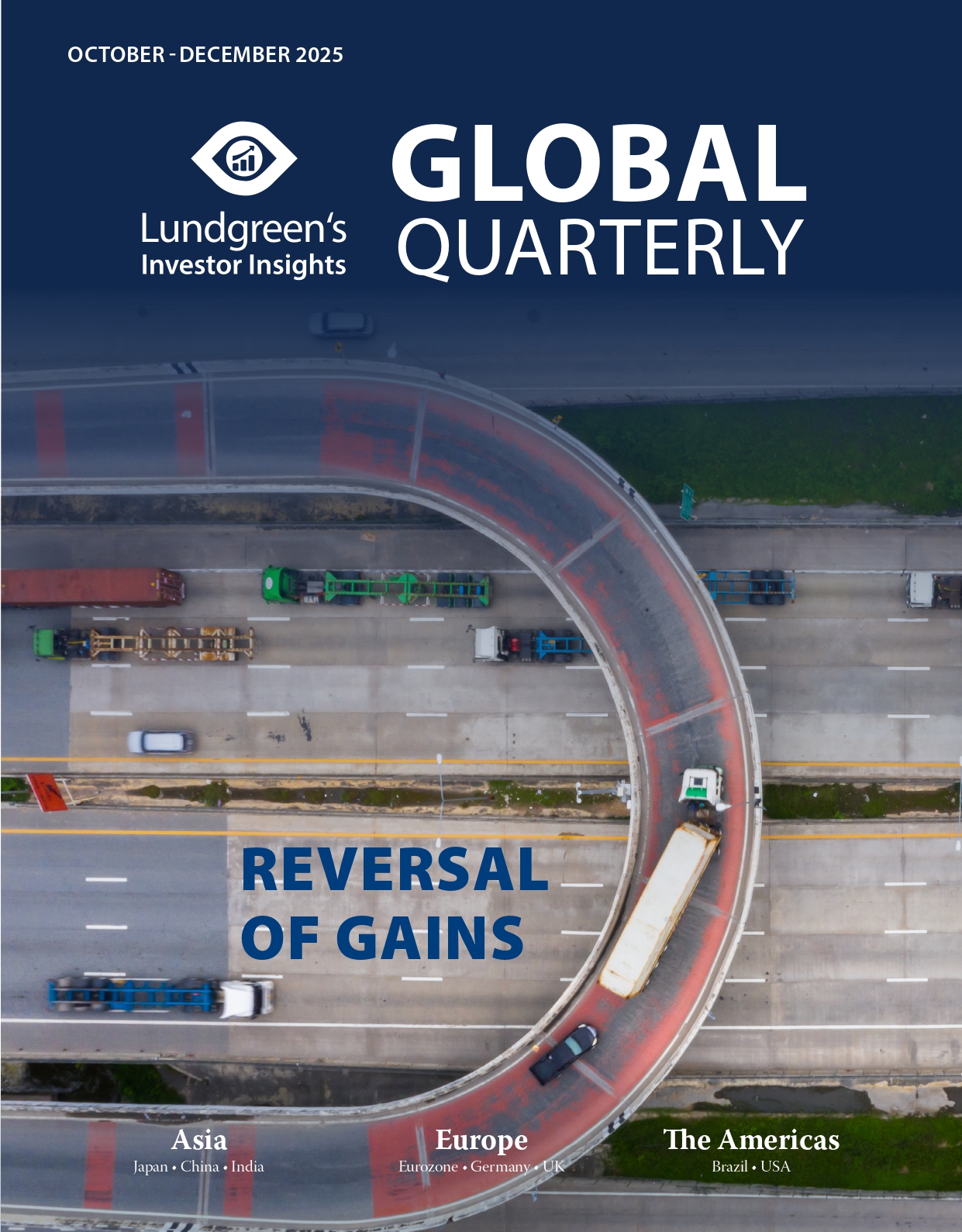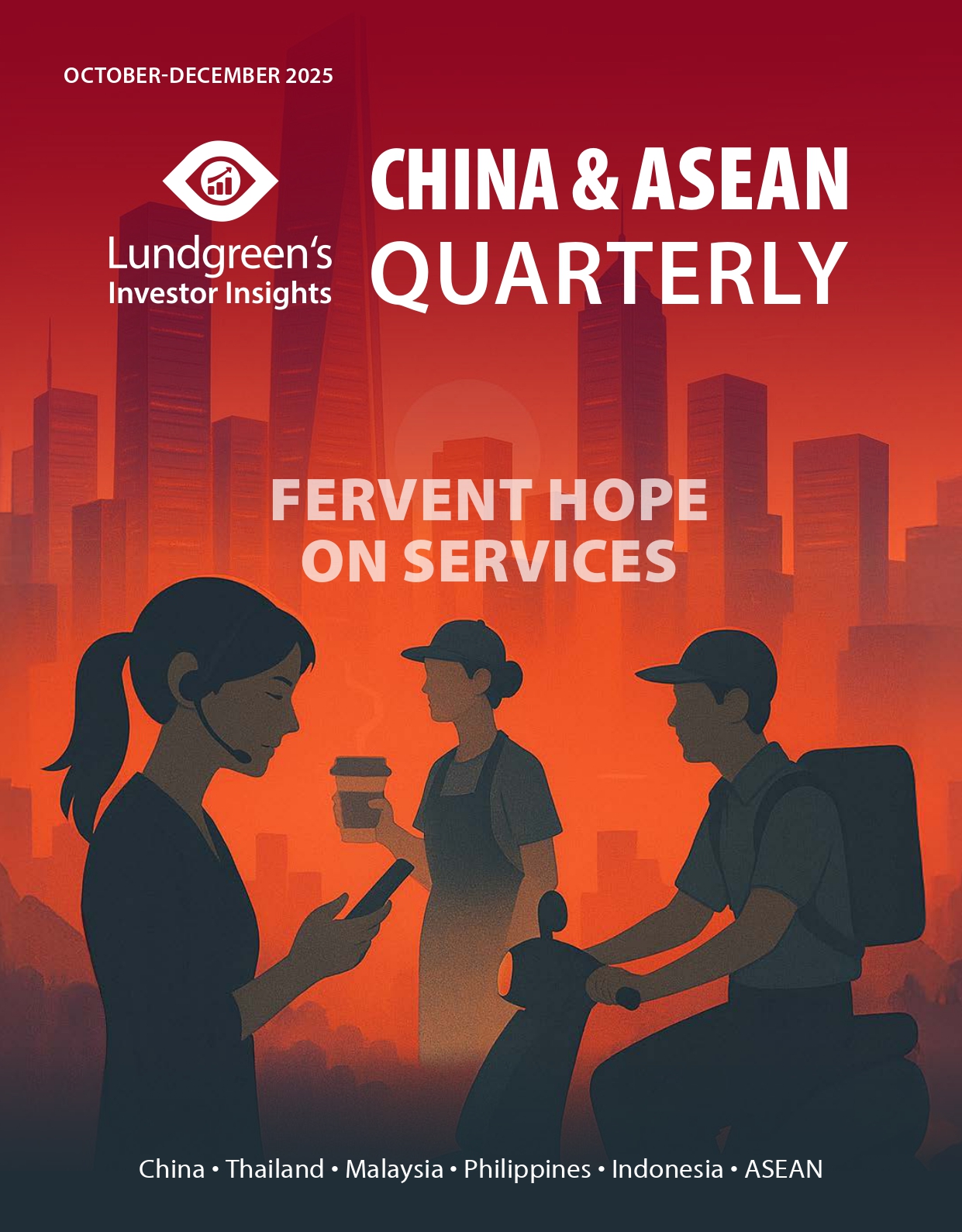What’s next for foreign investors in Malaysia?
In July 2023, the Malaysian government drafted its “Ekonomi Madani” reforms that would hopefully restore the country’s high economic growth momentum. Earlier in 2022, Malaysia was declared one of the top developing countries in Southeast Asia for foreign investment due to three factors: robust economic performance, highly qualified workforce, and strong integration with the global economy.
Looking back at the health crisis in 2020, there is no doubt that the ASEAN region experienced a significant decline in foreign direct investments (FDI). At the time, it could also be said that Malaysia experienced the worst FDI decline since 2009, however, the rebound was quick as the country tallied a record-breaking net inflow of USD 20.25 billion in 2021.

Graph 1 shows that while FDI declined in 2022, investments in the services sector increased compared to 2021 when net inflows were focused on manufacturing. Malaysian authorities attributed shifting investment priorities to the country’s push to develop the domestic digital economy. Based on the ASEAN Digital Integration Index, Malaysia’s digital integration capability is almost equivalent to that of Singapore and is well above other Southeast Asian peers. The country leads the region in terms of data protection and cybersecurity, followed by infrastructure and institutional readiness to nurture technology startups in the region.
FDIs continued to favour activities in the services sector in 2023, according to the Minister of Investment, Trade and Industry (MITI) Datuk Seri Tengku Zafrul Abdul Aziz. The Netherlands was the largest contributor to FDIs in Malaysia last year, bringing in MYR 35 billion (USD 7.5 billion). Apart from the digital service economy, foreign investment from the Netherlands has been consistent enough that it fuelled the expansion of the electrical and electronics manufacturing industry, providing a lift despite the trade war between China and the United States and market constraints in the supply of semiconductors globally. Malaysia’s next focus should be to sustain the flow of FDIs into the country, and to do so it must reinforce the confidence of foreign investors in the local business climate and highlight opportunities for expansion.
Investor confidence
Foreign investment inflows play a critical role in the further development of the Malaysian economy and allow for technology transfers, especially within the digital sector. However, research shows that business conditions in Malaysia dropped due to the uncertainty in the global economy.

The research from MIER revealed that the first half of 2020 had been most challenging for businesses in Malaysia due to the global pandemic. When physical business activities crashed, it led most to go digital due to the situation. Despite the challenges, both Q4 in 2020 and 2021 saw booming confidence towards doing business in Malaysia. The government policy at that time not only focused on social welfare for households but also supported small and medium enterprises through various stimulus packages. However, the study saw perception of business conditions decline consistently throughout 2023 with firms seeing reduced orders, both domestically and internationally.
Meanwhile, data from Malaysia’s Department of Statistics tell a different story regarding expectations on business confidence, with the net confidence score up at 3.2 per cent from 0.7 per cent. In November 2023, its Chief Statistician, Datuk Seri Mohd Uzir Mahidin, PhD, mentioned three sectors anticipating better business conditions in the last three months of 2023: services, industry, and construction. Additionally, an economic analyst from the Putra Business School mentioned that improving optimism among businesses and international investors is propelled by Malaysia’s low unemployment rate, a favourable Overnight Policy Rate of 3 per cent, and increased FDI. Only the wholesale and retail trade sector had a pessimistic business outlook.
Declining business sentiment in Malaysia has so far translated to a decline in manufacturing output for most of 2023 with a consistent below-50 score in the Purchasing Managers Index, but this could be lifted by the entry of more FDIs into the country to compensate for fading economic optimism among domestic players.
Stepping up the tech game
Malaysia has positioned itself as a business destination for technopreneurs and investors as it serves as a strategic entry point for startups that seek to establish a foothold in Southeast Asia, according to the Malaysia Digital Economy Corporation CEO Mahadhir Aziz. Among its FDI recruits over the past year are Tesla and Intel.
The country has achieved a stable business environment, mature digital infrastructure, innovative ecosystem, multilingual and digitally literate talent pool, and a competitive market. To step up its game, Malaysia intends to strengthen and expand its data center capabilities within the ASEAN market. Future value for this market can be expected to reach $2.25 billion by 2028.
Malaysia enjoys a comparative advantage as it is a more open economy compared to its neighbours. Its equity policy also allows foreign investors to own a 100 per cent stake in all investments in new projects, as well as investments in expansion or diversification projects by existing companies, contrary to nationalist rules in the Philippines and Thailand.







